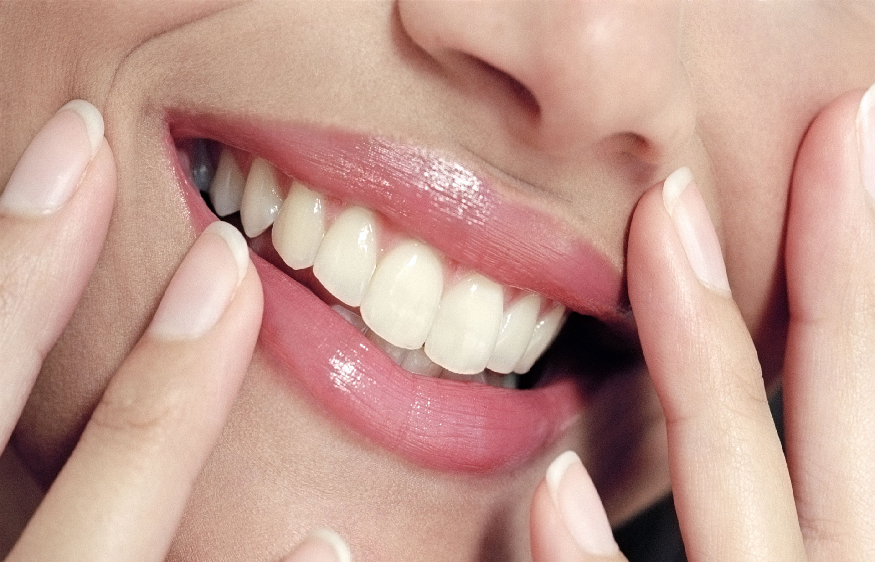Unfortunately, the field of health is surrounded by many myths, as well as it becomes difficult for Mr. Everybody to differentiate hearsay from reality. Alas, dental health is no exception to this rule.
For this reason, the team at the Dr. David Côté Clinic wanted to take stock of these false beliefs that remain widespread. To get the opinion of our professionals, read the following carefully!
In fact, cavities form when the bacteria in our mouths feed on the sugars contained in the food residues that are deposited on our teeth. The bacteria then secrete acids which attack the enamel of our teeth. Over time, holes form in the teeth, and that’s where cavities come from!
Bacteria process refined sugars faster, which is why eating sweets is said to be bad for your teeth. However, bacteria feed on all forms of sugar (carbohydrates), i.e. even natural sugars or sugars that are contained in fruits, starches, etc. Moreover, foods that contain starches (a kind of carbohydrate found in bread, pasta, crackers, etc.) have a high cariogenic potential, that is to say, they present an increased risk of formation of cavities. Indeed, these tend to stick to the teeth and between them, where they become a real feast for bacteria!
It is wrong to believe that poor oral hygiene only affects the teeth. Indeed, it can have several negative effects on your general health. For example: gingivitis and periodontitis can increase your heart risk and even your risk of having a stroke.
As for diabetics, they must be extra vigilant. Gingivitis can affect blood sugar results and make it difficult to adjust medications. Pregnant women must prevent gum disease, as studies have shown a correlation between periodontal disease and premature birth.
Flossing is a complement to brushing your teeth and frees your teeth from a maximum of bacteria and dental plaque, the accumulation of which could cause the formation of tartar, dental caries or the appearance of gum disease. Flossing should be done BEFORE brushing, at least once a day. If you neglect flossing, you forget to clean about a third of the surface of your teeth.
The main purpose of routine visits is to perform a thorough cleaning of your teeth and mouth, while allowing your dentist to perform a thorough examination of your teeth and oral tissues. These visits can be perceived as costly and unnecessary when no symptoms are felt in the mouth. However, some problems do not cause pain when they are in their early stages of development, and only your dentist can detect them. If you wait too long, several procedures aimed at solving a problem can prove to be much more expensive than a routine visit!
We hope that this article will allow you to take better care of your oral health , being aware of the importance of having good habits. Make an appointment with Dr. David Côté’s team for your routine exam or for any other reason, we are here for the health of your smile!

